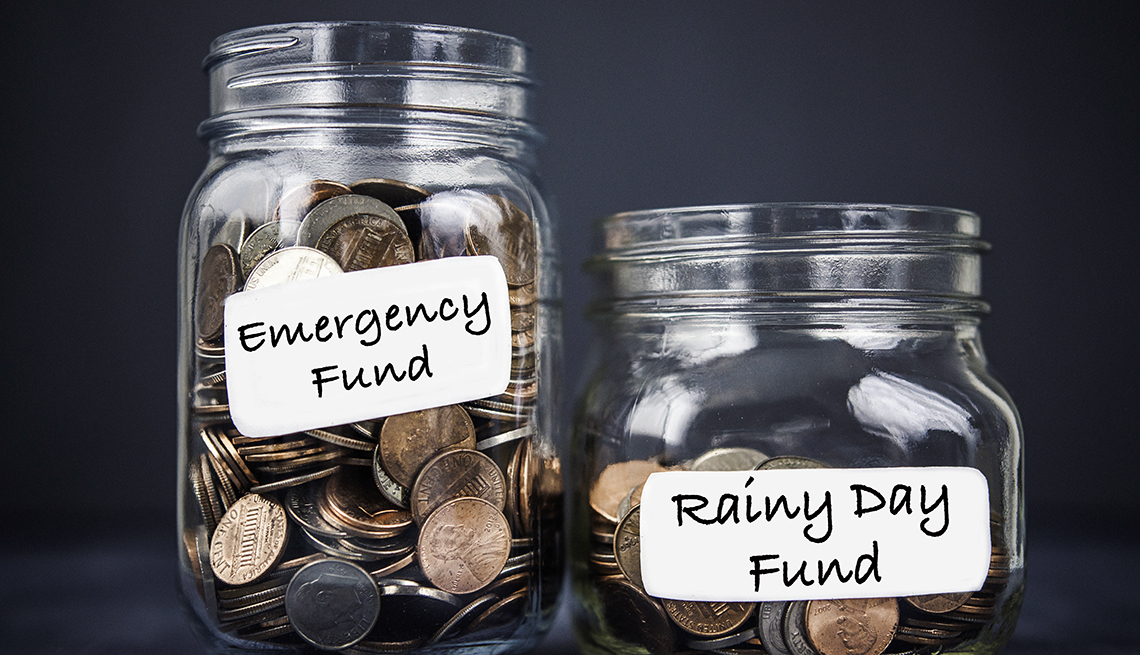
Why you should create rainy day and emergency funds
- Select a language for the TTS:
- UK English Female
- UK English Male
- US English Female
- US English Male
- Australian Female
- Australian Male
- Language selected: (auto detect) - EN
Play all audios:

When a tree fell on Gary Shaffer's house in May, he called his insurance agent and sprang into action. The agent advised him to contact a tree removal company to get the tree off his
house, then tarp the roof before leaking water caused more damage. "When your house gets smacked with something that weighs 8,000 to 10,000 pounds, you must attend to it or it will
cause more damage,” says Shaffer, a technical writer and inventor who lives near Annapolis, Md. Lucky for Shaffer he had a rainy day fund. The next thing he knew, he was writing a check for
$2,300 to a tree removal company. “You have to have liquid money,” says Shaffer. He also was covered by insurance, and once the insurance representative arrived, the company began
reimbursing Shaffer, who has a $1,000 deductible on the policy. Shaffer, who is in his 60s, is not alone in dealing with an unexpected financial emergency. Brigitte Madrian, dean of the
Brigham Young University Marriott School of Business, says unexpected expenses happen more frequently than people would like to think. And unlike Shaffer, many are unprepared. In May, the
Federal Reserve Board reported that roughly 4 in 10 adults would have trouble covering an unexpected expense of $400. The rest (61 percent) said they would use cash, savings or a credit card
they would pay off at the next statement, according to the Report on Economic Well-Being of U.S. Households. "Bad money habits, they don't discriminate,” says Wayne Bogosian,
president and managing director of United Capital, a wealth management firm. “They affect individuals at every income level." The key to being prepared is to have two funds — a rainy
day fund for small expenditures, and an emergency fund for larger ones. Research shows that having more than one account actually helps you save, Madrian says. RAINY DAY FUND VERSUS
EMERGENCY FUND:
